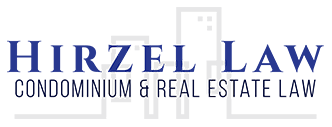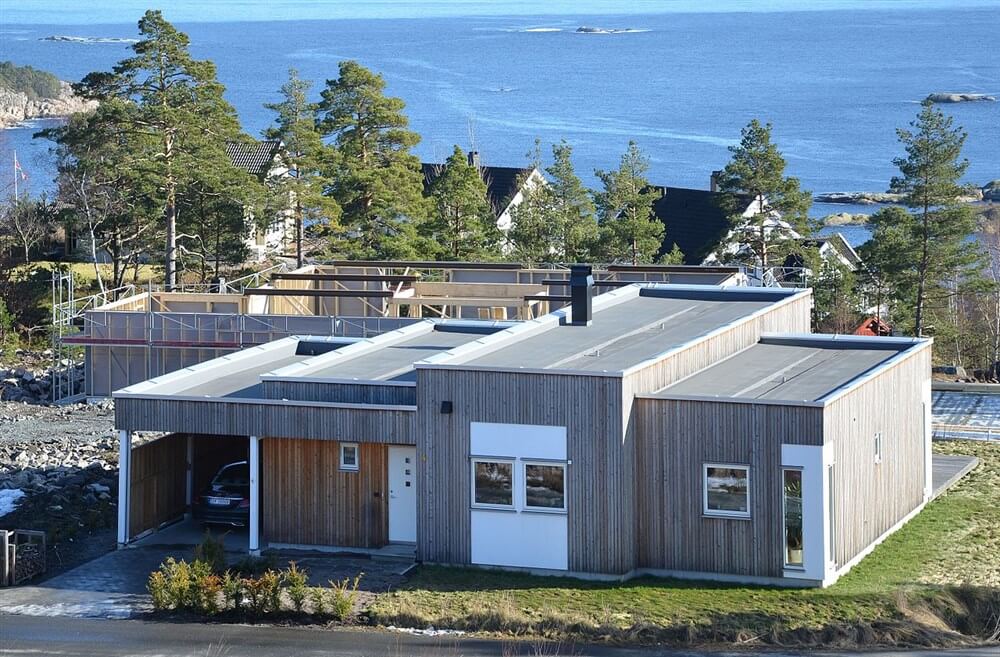In Thiel v Goyings, unpublished opinion of the Court of Appeals, issued August 8, 2017 (Docket No. 333000), the Michigan Court of Appeals held that the construction of a partially prefabricated home violated the restrictive covenants in the Timber Ridge Bay Subdivision. Specifically at issue were restrictive covenants that provided as follows:
COVENANTS, RESTRICTIONS AND CONDITIONS
Section 1. Establishment of Restrictions. In order to provide for congenial occupancy of the Premises, and for the protection of the value of the Parcels therein, the Parcels shall be subject to the limitations set forth below:
***
- Building and Use Restrictions
***
- Relocated Residences No residences, including modular, manufactured, mobile or prefabricated homes, may be moved from a location outside the Premises and placed or located within a Parcel within the Premises.
- Manufactured Housing Units No manufactured homes whether classified as a mobile home, modular home, or otherwise, and no prefabricated homes shall be permitted on any Parcel in the Premises; regardless of which building codes are applicable to said homes.
- Residential Dwelling Restrictions
***
4. The height of any building will not be more than four (4) stories. If any portion of a level or floor within a residence is below grade all of the level or floor shall be considered a basement level. All residences shall be stick built on site and no geodesic dome; berm house, pre-fabricated or modular home, mobile home, shack or barn will be erected on any of the Parcels unless provided for herein.
Analysis
The Michigan Court of Appeals held that the above restrictive covenants were to be enforced according to their plain language. The defendants attempted to argue that the covenants were ambiguous, as the term “modular” was not defined, and that they could keep their modular home. Specifically, the defendants argued that the home was “a mix, or hybrid” in that they designed the home with Heritage Custom Builders using computer assisted design (CAD). Defendants argued that a majority of the home was to be stick built on site with only a minority of the home built at the Ritz Craft facility. However, the court rejected this argument by relying on the dictionary definition of the term “modular.” Specifically, the Court of Appeals held that the term “modular” meant “1. of or pertaining to a module or a modulus. 2. composed of standardized units or sections for easy construction or flexible arrangement: a modular home; a modular sofa. ….” The court held that since part of the home was constructed offsite, that the above restrictions were violated
The Court of Appeals also noted that these types of cases are “difficult” and that while the trial court strived to find an equitable solution, it did not have the authority to do so. The court held that where defendants’ home was in clear violation of the unambiguous restrictive covenant, the only solution was to grant injunctive relief and order that the non-conforming home be removed. Thiel v Goyings, unpublished opinion of the Court of Appeals, issued August 8, 2017 (Docket No. 333000), stands for the proposition that Michigan Courts will enforce deed restrictions as written and that courts will rarely allow equitable considerations to override the plain language of the documents. Accordingly, condominium and homeowner associations should enforce restrictions as written and be aware that courts will grant injunctive relief to remove construction that does not comply with the restrictive covenants.
Kevin Hirzel is the Managing Member of Hirzel Law, PLC and concentrates his practice on commercial litigation, community association law, condominium law, Fair Housing Act compliance, homeowners association and real estate law. Mr. Hirzel is a fellow in the College of Community Association Lawyers, a prestigious designation given to less than 175 attorneys in the country. He has been a Michigan Super Lawyer’s Rising Star in Real Estate Law from 2013-2018, an award given to only 2.5% of the attorneys in Michigan each year. Mr. Hirzel was named an Up & Coming Lawyer by Michigan Lawyer’s Weekly in 2015, an award given to only 30 attorneys in Michigan each year. He represents community associations, condominium associations, cooperatives, homeowners associations, property owners and property managers throughout Michigan. He may be reached at (248) 478-1800 or kevin@hirzellaw.com.

